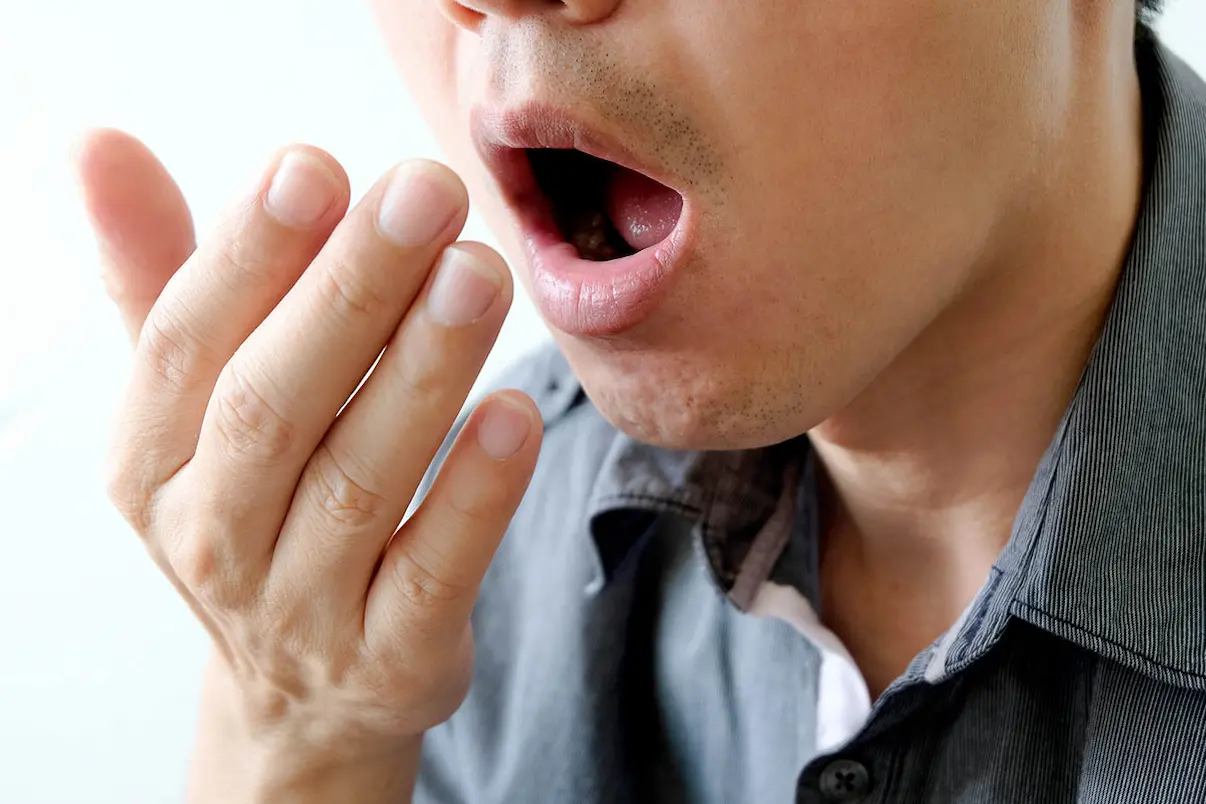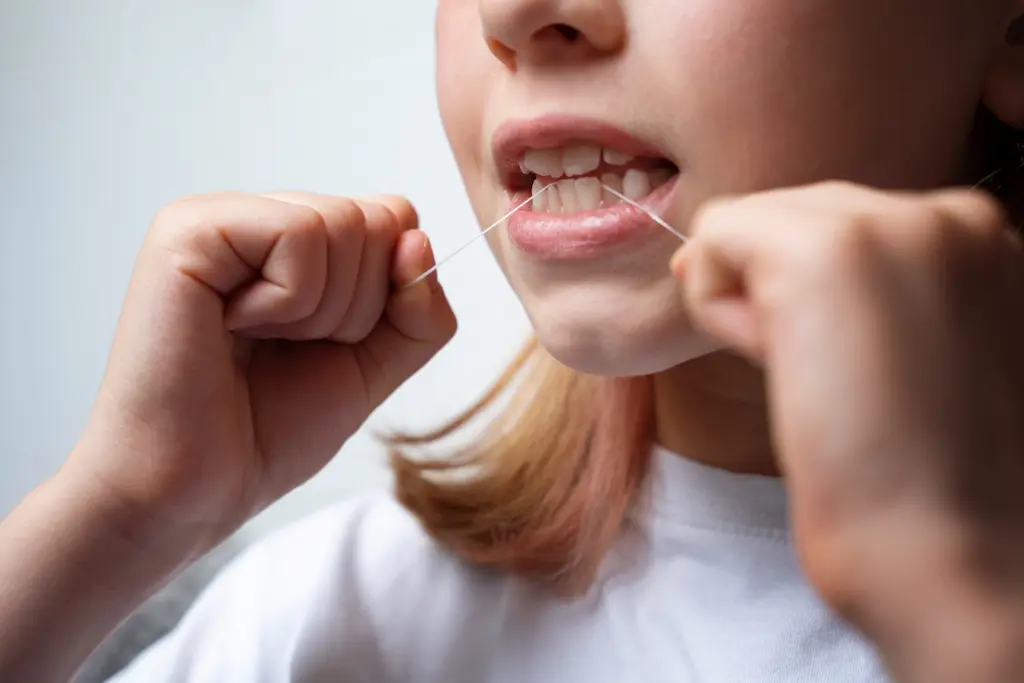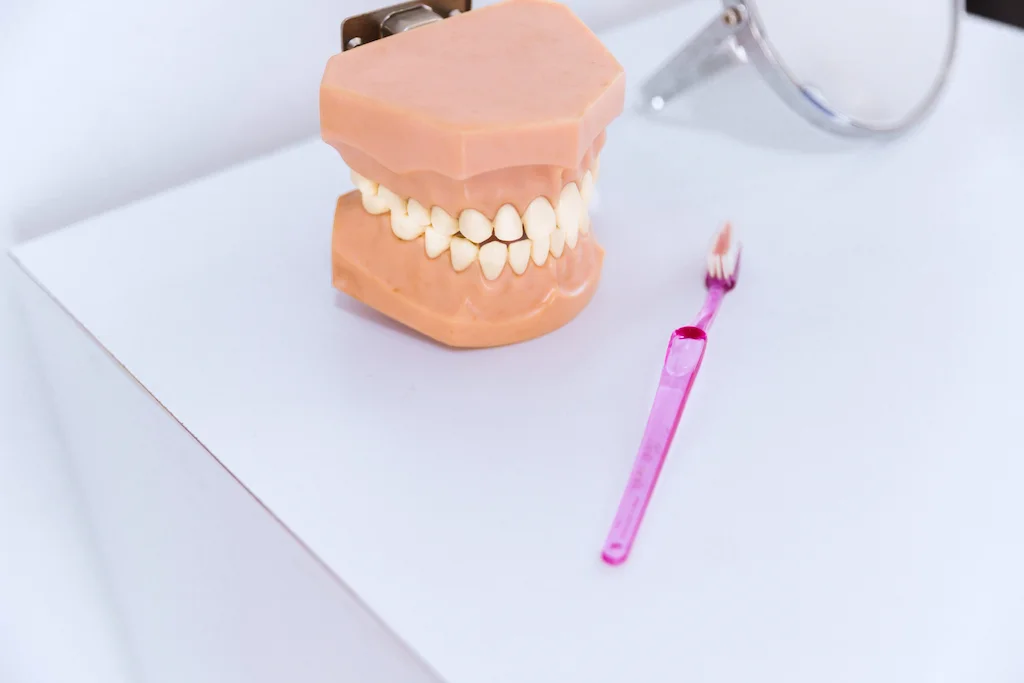Submit Request ...
-
Forums
How Can I Permanently Get Rid of Bad Breath?

Good oral hygiene is essential to keeping a healthy mouth. Practicing good oral hygiene means maintaining your teeth by brushing and flossing regularly. You care for your teeth and gums by brushing twice a day, flossing once a day, and visiting your dentist for regular cleanings and checkups. Read on to learn more.
Brush your teeth twice daily
If you suffer from bad breath, you likely have bacteria in your mouth that is causing the odor. However, this bacteria is only part of the problem; as particles of food remain in the mouth after eating, they rot and turn into foul-smelling sulfur compounds. To eliminate this problem, you need to brush twice a day for two minutes at a time. Be sure to get every surface of your teeth and use a soft-bristled toothbrush to reach into tiny crevices along the gumline and other areas. You should floss once per day to clean between teeth and below the gum line, where a toothbrush can’t reach.

Floss at least once a day
Your teeth should also be flossed once a day. Food particles often get stuck between teeth, along the edges of the gums, and gum pockets. These areas cannot be reached by your toothbrush alone, which is why flossing is important. If food is left in these areas, it can cause bad breath, tooth decay, gum disease, and more.
Brush your tongue
Did you know that bacteria that cause bad breath live on the surfaces of the tongue and in the crevices of the mouth? If you brush your tongue along with your teeth, you can improve your breath significantly and even keep cavities at bay! It may also help to use a tongue scraper in addition to brushing.
In addition to using a tongue scraper to remove debris from your tongue, you can also try brushing your tongue with your toothbrush whenever you brush your teeth. Rinse your mouth with water, and then gently rub the surface of the tongue with the toothbrush bristles before rinsing again. Like the tongue scraper, this can help you remove germs and other debris from your tongue that can cause bad breath.

Clean dentures or dental appliances
The bacteria and food particles that collect on dentures and dental appliance surfaces can cause bad breath. To prevent this, it’s important to clean them daily to prevent buildup from damaging the gums.
Avoid dry mouth
Saliva is important because it helps flush away bacteria in the mouth that can cause bad breath. A dry mouth is a common cause of bad breath because when saliva isn’t present to rinse the mouth of odor-causing bacteria and food debris, the bad smell remains. A side effect of certain medications is dry mouth; ask your doctor if your mouth is becoming dry and what you can do about it. Drinking more water and chewing sugar-free gum can also help stimulate the flow of saliva.

Adjust your diet
Foods that contain a lot of sugar can cause bad breath due to bacteria growth. Reduce the intake of these foods and try consuming more fruits, vegetables, and water instead!
Regularly get a new toothbrush
You should be replacing your toothbrush every three to four months or sooner if the bristles become frayed. A worn toothbrush won’t clean your teeth properly and might damage your gums. Also, be sure to replace your toothbrush after an illness to prevent re-infection from viruses or bacteria lingering on your toothbrush – which can cause bad breath.
The ADA recommends changing out your toothbrush after being sick with a cold, flu, or other illness to avoid reintroducing the bacteria to your mouth that caused the illness in the first place.
Schedule regular dental checkups
When you go to the dentist for a cleaning, your dental hygienist will be able to remove plaque and tartar from all areas of your mouth that your brush cannot reach. Often many patients will skip a cleaning because of fear that they can’t afford the copay for a visit. However, skipping this preventative step can lead to more expensive dental procedures down the road since cavities can go undetected for years if the patient doesn’t regularly visit the dentist’s office for a professional cleaning.
The articles are reviewed by Dr. Moein Taghvi, a gum surgeon and periodontist. This information is for educational purposes only. This content is not intended to be a substitute for professional medical advice, diagnosis or treatment. Always seek advice from your dentist, doctor or other qualified health care provider.
Please let us know what you think!